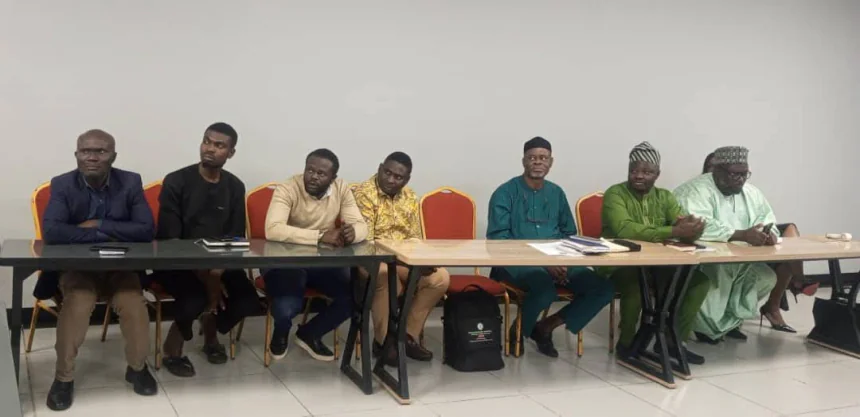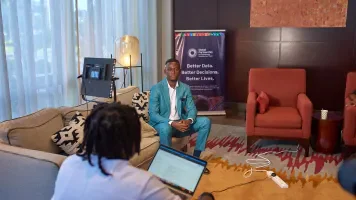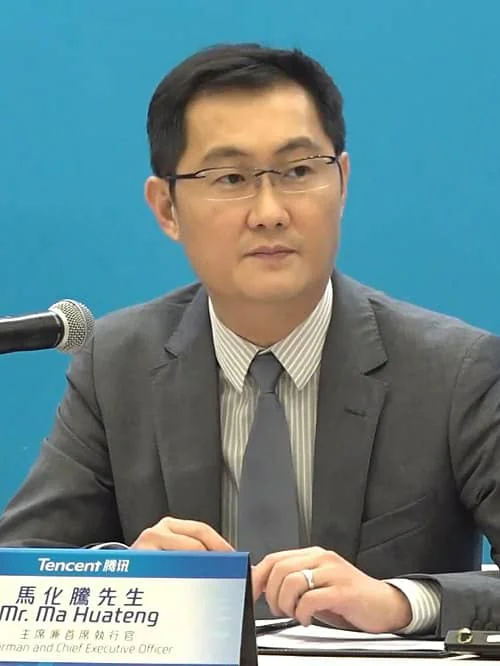Stakeholders Warn of Democratic Decline in Nigeria, Demand Urgent Electoral Reforms
At a high-level dialogue in Abuja, labour leaders, civil society actors, and political experts warned that Nigeria’s democracy is nearing collapse due to corruption, poor voter turnout, and weak institutions. They called for urgent reforms, including the adoption of the Uwais Report, establishment of an electoral offences tribunal, and a shift in how INEC leaders are appointed.

Stakeholders have raised fresh concerns about the health of Nigeria’s democracy, warning that urgent and far-reaching reforms are needed to prevent total collapse of the system.
The concerns were voiced during the National Action Plan for Electoral Reform Dialogue convened by the Abuja School of Social and Political Thought in Abuja.
Professor Theophilus Ndubuaku, Acting Chairman of the Political Commission of the Nigeria Labour Congress (NLC), described the nation’s democratic structure as being on “the edge of breakdown,” blaming entrenched corruption and lack of accountability among officeholders.
> “Our democracy is dangerously close to collapse. Leaders in office do not feel accountable to the people. Their focus is on amassing wealth to secure power in the next election rather than serving citizens,” Ndubuaku said.
He drew parallels with recent coups in neighboring West African countries, cautioning that Nigeria could face similar instability if reforms are not urgently implemented. Ndubuaku urged Nigerians at home and abroad to apply pressure on leaders through civic action and international advocacy.
Comrade Martin Egbanubi, Acting National Chairman of the Political Commission of the Trade Union Congress (TUC), supported the call for reform, stressing that the credibility of elections is the foundation of good governance. He urged government and civil society to revisit the Uwais Electoral Reform Report and adapt its recommendations to present realities.
Egbanubi expressed concern over poor voter turnout, calling it a major threat to representative democracy. He also recommended the creation of a special tribunal to handle electoral offences such as vote-buying and ballot manipulation swiftly.
On the issue of appointing leaders of the Independent National Electoral Commission (INEC), Egbanubi emphasized merit and competence, warning against blanket exclusion of technocrats with relevant public administration experience.
Dr. Sam Amadi, Director of the Abuja School of Social and Political Thought, presented a reform blueprint, advocating for impartial processes in INEC appointments, transparent election-day procedures, and fair dispute resolution mechanisms. He called for the adoption of the Uwais Report’s recommendation that the National Judicial Council (NJC), not the President, should oversee appointments of INEC’s top leadership.
Collectively, the stakeholders argued that without systemic reform, Nigeria risks eroding its democratic foundation and sliding into instability.
Share
What's Your Reaction?
 Like
0
Like
0
 Dislike
0
Dislike
0
 Love
0
Love
0
 Funny
0
Funny
0
 Angry
0
Angry
0
 Sad
0
Sad
0
 Wow
0
Wow
0





